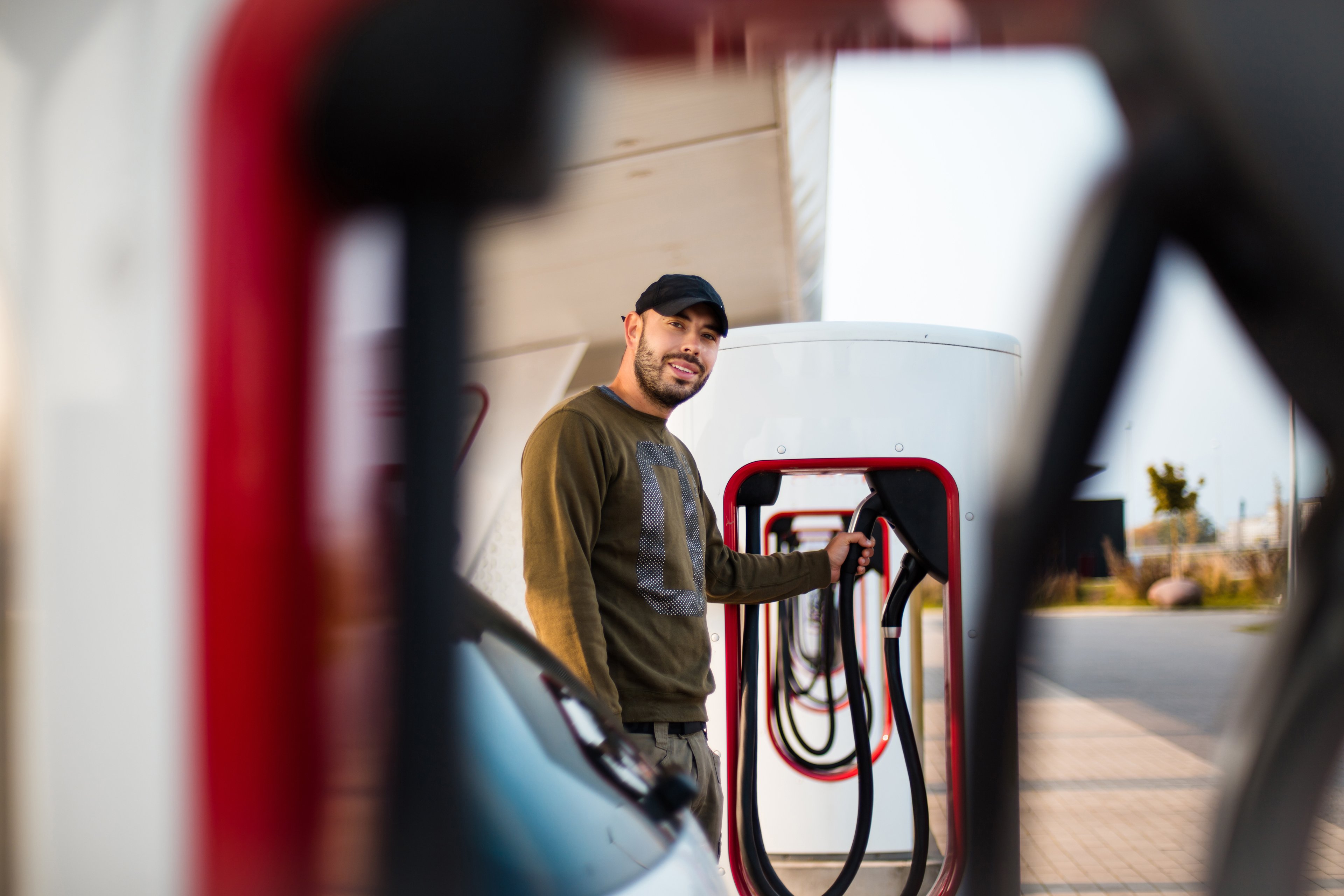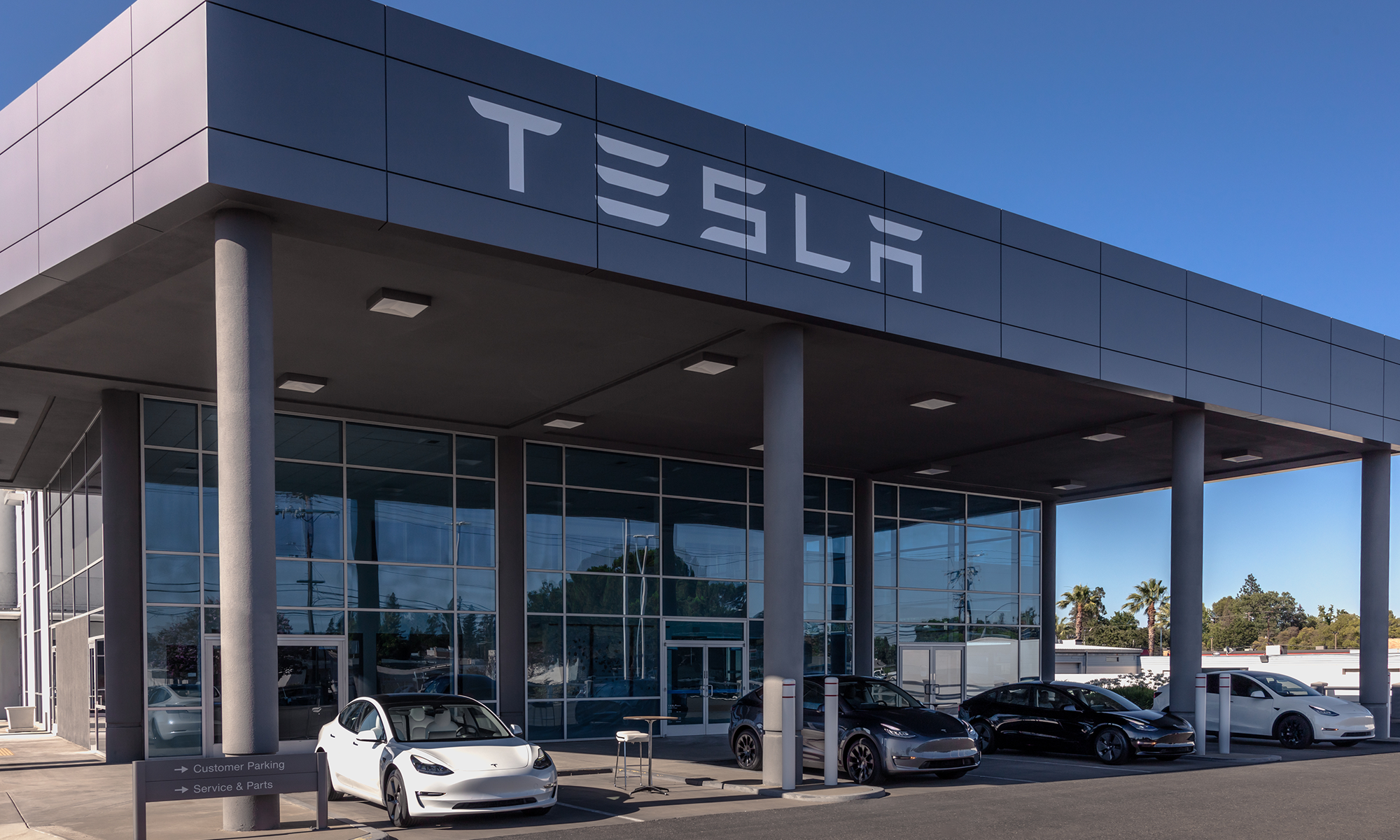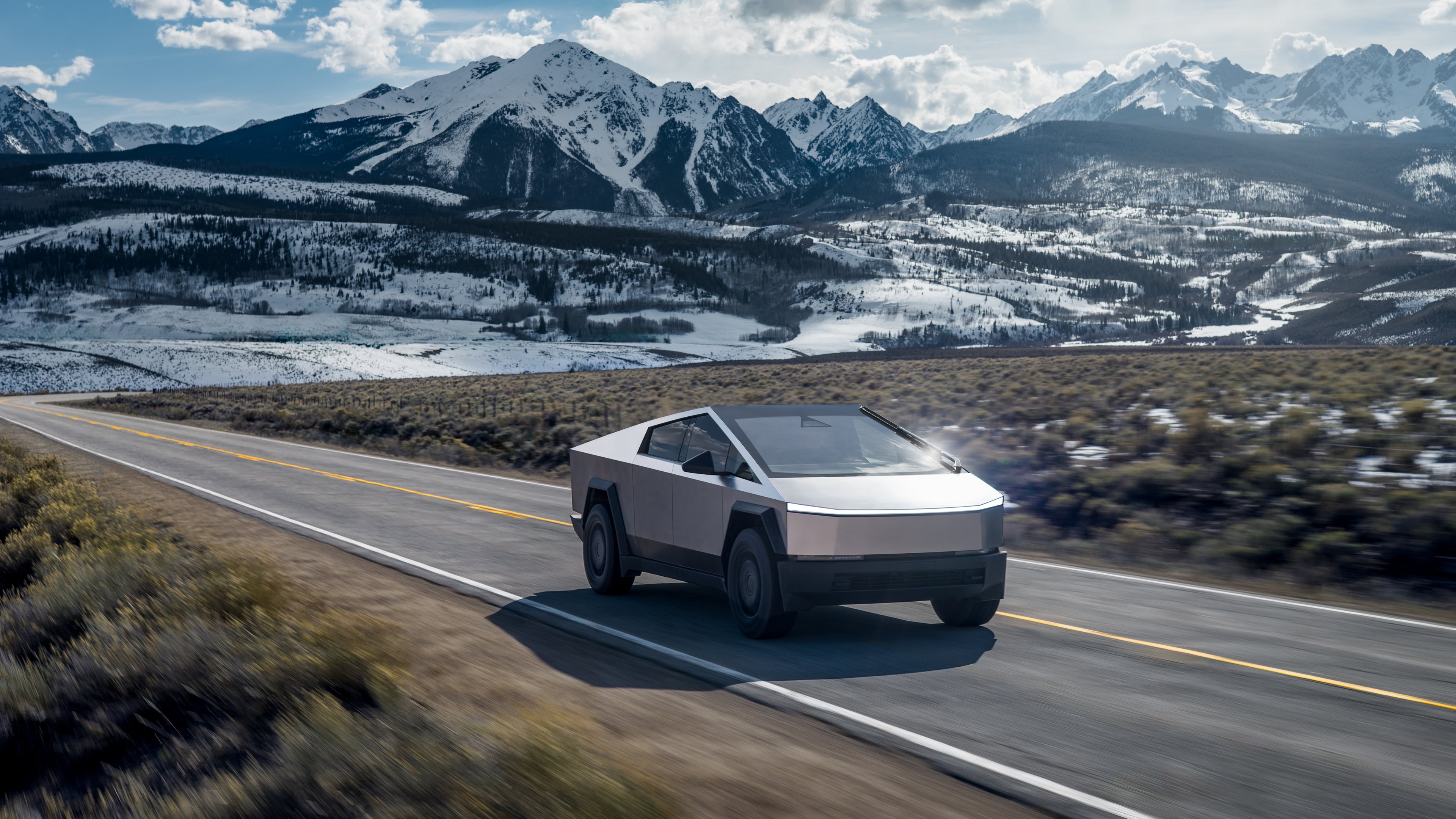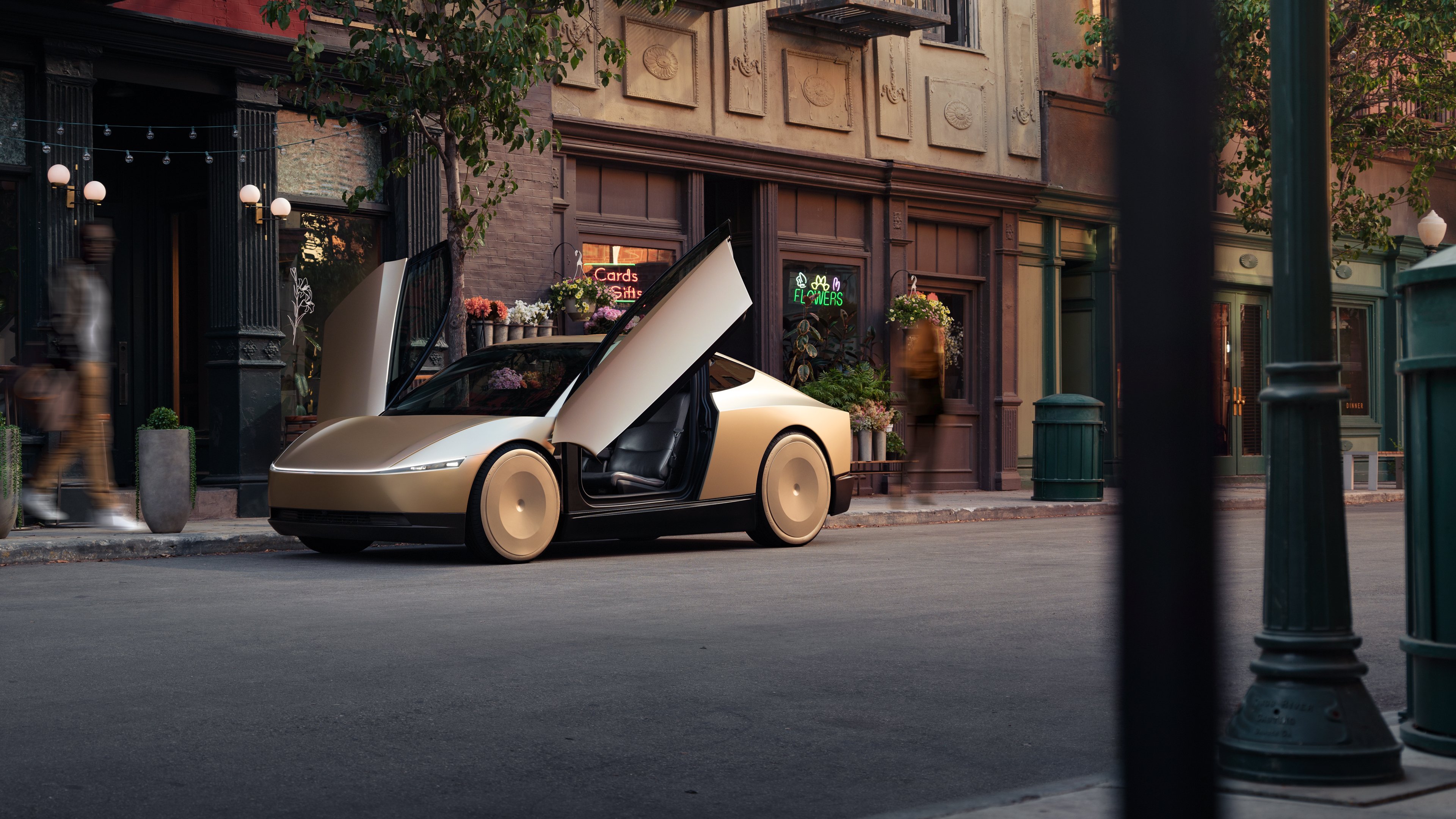Tesla (TSLA 0.24%) is now one of the largest companies in the world, with a market cap of more than $1 trillion. Much of Tesla's valuation stems from its automaking business. Its Model Y and Model 3 vehicles are consistently some of the highest-selling EVs in the U.S. And with EV sales still representing less than 10% of total U.S. vehicle sales, significant growth is yet to come.
But Tesla's long-term future won't be dominated by making vehicles. In fact, over the next 10 years, there's a brand new business segment that could be worth more than $1 trillion on its own.

NASDAQ: TSLA
Key Data Points
Expect robotaxis to be Tesla's next big thing
Tesla's leader, Elon Musk, has been teasing a robotaxi business for years. The pitch is simple: Any Tesla owner can essentially rent out their vehicles at any time, earning profits while they otherwise wouldn't be using the vehicle. This would make buying and owning a Tesla significantly more attractive. Businesses could be formed to buy hundreds or even thousands of Teslas for the purpose of renting them out. Tesla has also signaled plans to produce vehicles specifically for this purpose.
Autonomous driving is what will unlock this new business at scale. That way, Tesla owners can put their vehicles up for rent when they're not in use via their smartphone. Then, someone looking for a ride can request a pickup, and the nearest available Tesla will automatically drive itself to the user, pick them up, drop them at the requested destination, and return itself to the original parking spot before the owner even realizes that it's gone.
While details aren't available in full yet, the idea is that the vehicle owner and Tesla would split the rideshare earnings. Investor Cathie Wood sees this spawning a gigantic global robotaxi industry, potentially adding 1,000% in potential upside to Tesla's share price. "We think $8 trillion to $10 trillion for the entire autonomous taxi opportunity throughout the world, from almost nothing," Wood said at an investor conference in March.
Some analysts are skeptical, given Tesla's previous promises of an imminent self-driving revolution. Consider one of Musk's previous declarations. "Our goal is, and I feel pretty good about this goal, that we'll be able to do a demonstration drive of full autonomy all the way from LA to New York, from home in LA to let's say dropping you off in Times Square in New York, and then having the car go park itself, by the end of next year. Without the need for a single touch, including the charger." He said this way back in 2016 -- nearly a decade ago. Rapid advances in artificial intelligence make today's possibilities much more realistic, however, and Tesla's robotaxi business could arrive much sooner than everyday investors realize.

Image source: Getty Images.
When will Tesla start its robotaxi business?
Next week, Tesla is expected to begin a "pilot" robotaxi service in Austin, Texas. It will be a shell of itself, monitored and partially made possible by remote human operators. However, according to Musk, the vehicles will be using Tesla's first deployment of its fully unsupervised self-driving software. So, while humans will be in the mix, the vehicles will be attempting to operate fully autonomously.
While his previous predictions have typically proven overly optimistic, Musk believes this pilot project will scale to hundreds of thousands of the vehicles by late 2026. But even if it takes until the end of this decade to fully realize this vision, the consequences for Tesla and its stock price are clear. Right now, the traditional rideshare business in the U.S. is worth roughly $60 billion. But some market forecasts believe it could surpass a $300 billion valuation over the next five years, even with autonomous vehicles commanding just a small sliver of the market. If autonomous vehicles fully take off, this could be a trillion-dollar market by 2035 -- just as Cathie Wood predicts.
It's still early. Don't expect much from this business segment over the coming year or two apart from pilot test updates. But as analysts and large investors predict, Tesla's ridesharing business has the potential to revolutionize its revenue and profit streams over the next decade and beyond.





